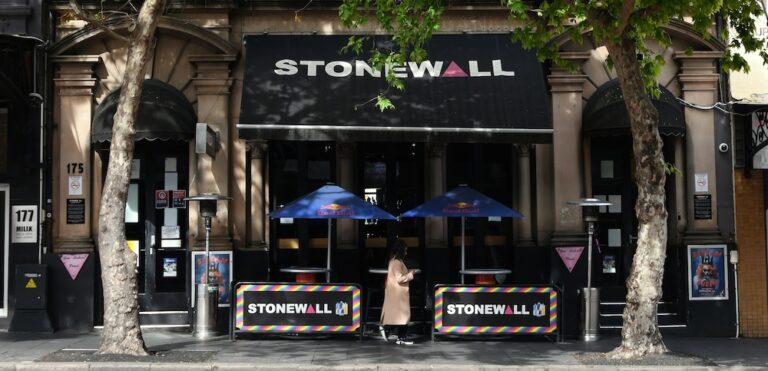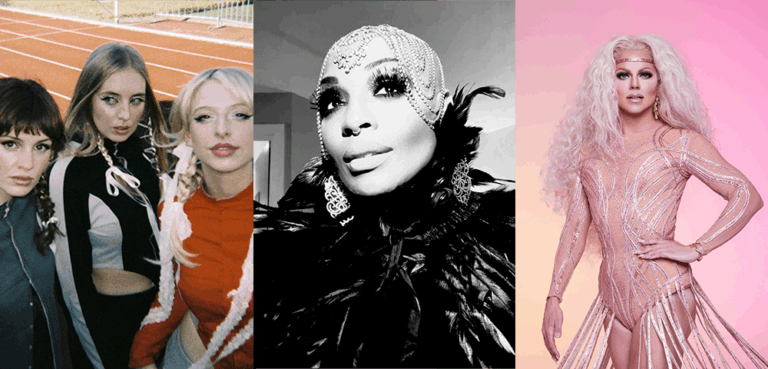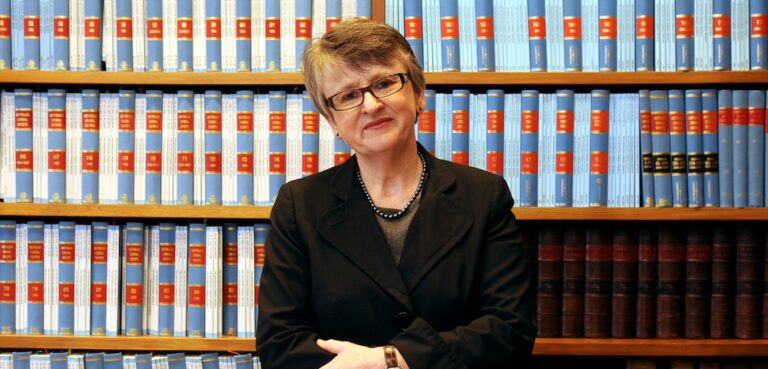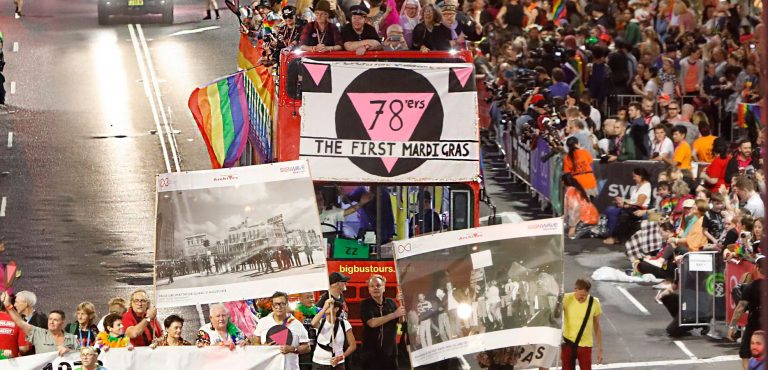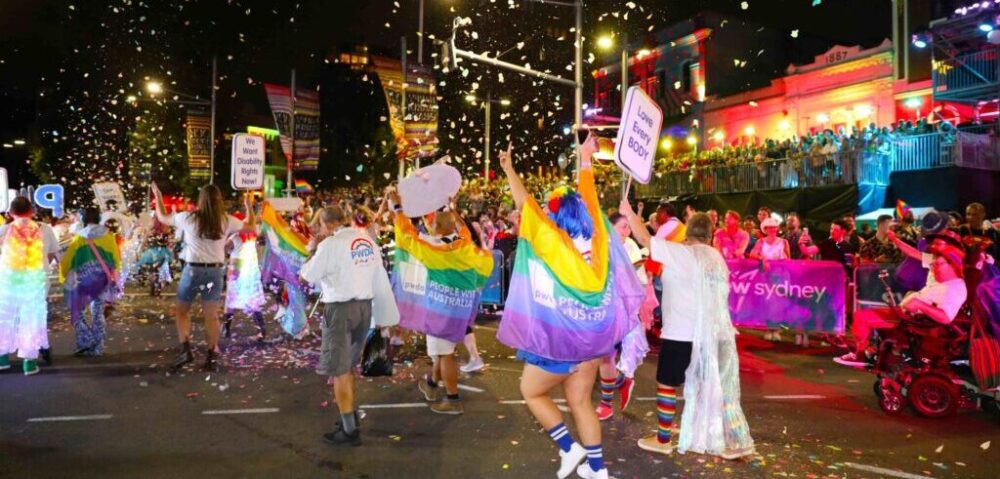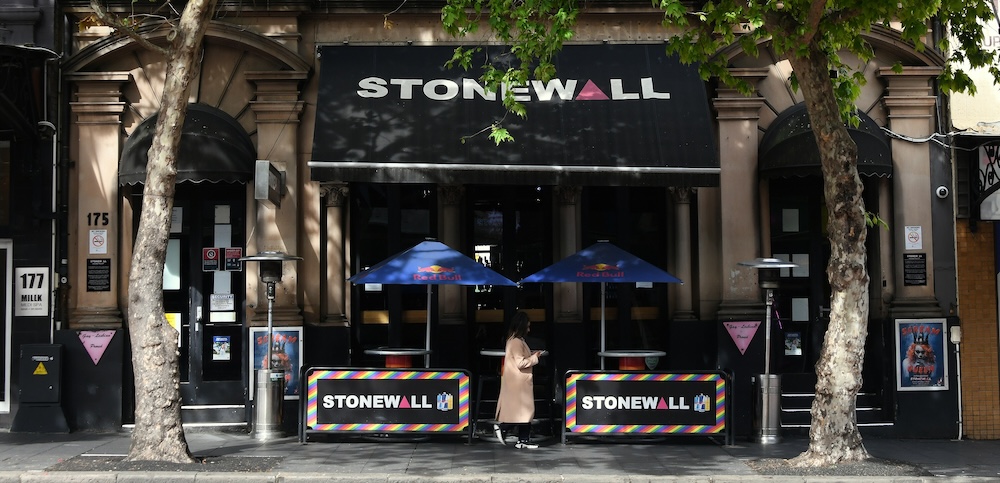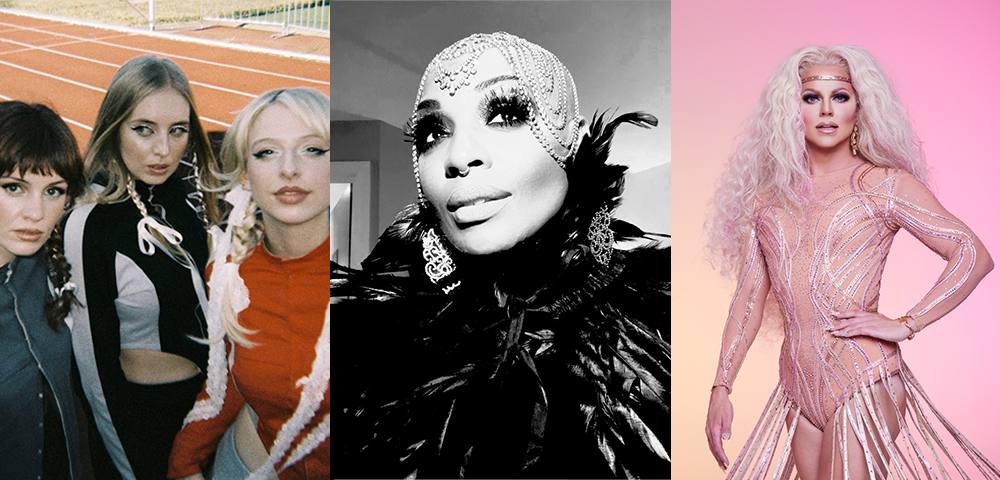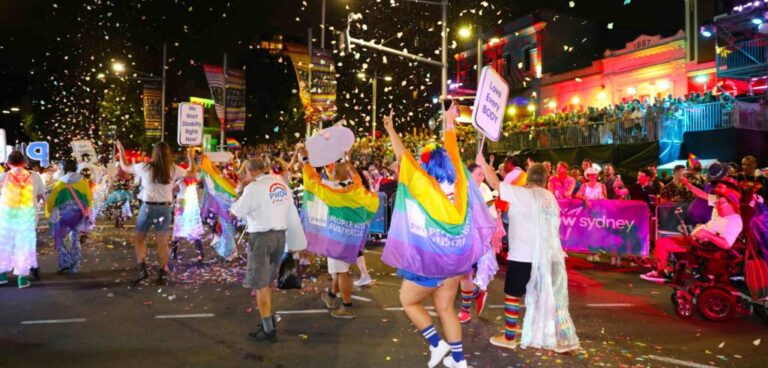
The good fight
I only started hanging out in the wider queer community a couple of years ago. I came out when I was 17 and felt pretty comfortable just being with my girlfriend.
But then she dumped me. I was 21 and for quite a while I was really angry. I realised pretty quickly the situation of queer youth in this country was pretty dreadful.
At one point I had to convince a friend not to kill himself. I also knew people who were kicked out of home because of their sexuality, and others who turned to drugs, most likely as a result of their sexuality.
I just got very angry and I went a bit weird. I was absolutely enraged and didn’t know what to do with myself other than to devote myself to the queer struggle.
I came to Sydney to study in November 2004. I had been involved in a Perth activist group called Queer Radical. I was really looking to join an activist group here. You can get so miserable sometimes when there seems to be no hope for queers.
Especially when you’re young like me -“ I’m 26 -“ you hear so much about high suicide rates for queer youth and dreadful things that happen to your friends and you just don’t see any hope.
In Sydney I met activist Rachel Evans, who was handing out Community Action Against Homophobia (CAAH) flyers at a Reclaim the Night event.
I picked one up and then I saw her another night and I started going along to CAAH events. I thought CAAH was a group that was fighting back, and I thought that was a really powerful and profound thing.
I’m now a co-convenor of CAAH. The group is a very broad activist collective with members from just about all the political parties and a lot of people who aren’t affiliated to any other organisation.
That’s something that we’re all very proud of: that we’ve managed to unify such a broad range of people of all political stripes around gay rights and around grassroots protests.
CAAH first appeared maybe about four years ago but then died down as collectives sometimes do and then revived itself when the federal same-sex marriage ban was going through in 2004.
I was attracted to CAAH because of its campaign against the marriage ban. There was this real need in the community at the time to do something. I’ve since joined activist groups Resistance and Socialist Alliance.
One of the real highlights of my work with CAAH has been the campaign around civil unions in the ACT. I’ve never seen queers in such a state of resolve to fight.
A new group that has formed in the ACT, Queer Action, is so inspiring. Most of them are only about 18 years old, and they’re so confident.
We activists all get pretty close to one another and we have a love-hate relationship with each other sometimes. It can sometimes get hostile in the group, especially when the protest movement is at a low ebb. But we’re very democratic and we can normally resolve disagreements.
When I’m not devoting time to CAAH, I’m working on a PhD in anthropology looking at violence against queer youth.
My thesis is looking at the links between homophobic violence and the deeper political reasons behind it. It’s to do with there being a vested interest in homophobia existing in society.
I’m also inspired by the annual student activist conference Queer Collaborations, which is on in Sydney this year from 3 to 7 July.
I really encourage people to come because it’s very inspiring for 400-odd people concerned about the queer struggle to all be in a lecture hall together. There’s such a feeling of collective power and I think it’ll be powerful again this year.
I’m always a bit scared that what happened against the Lebanese community during the Cronulla riots could happen to us as well.
Homophobic legislation like the federal marriage amendment legitimises homophobic violence in wider society and I think it tends to be youth who suffer most heavily from that.
It’s hard to tell what the future holds in Australia. I think there’s a lot of fight in the queer community, and we’re seeing that especially in the ACT.
For more information visit the Queer Collaborations and CAAH websites.
Interview by Ian Gould

